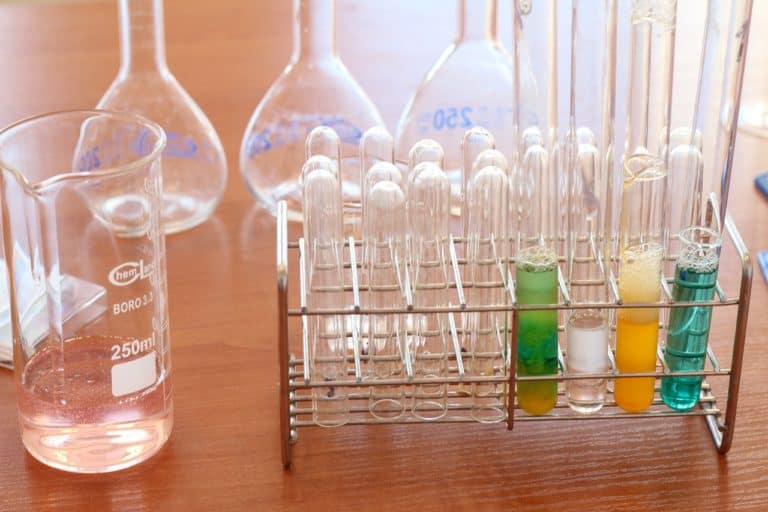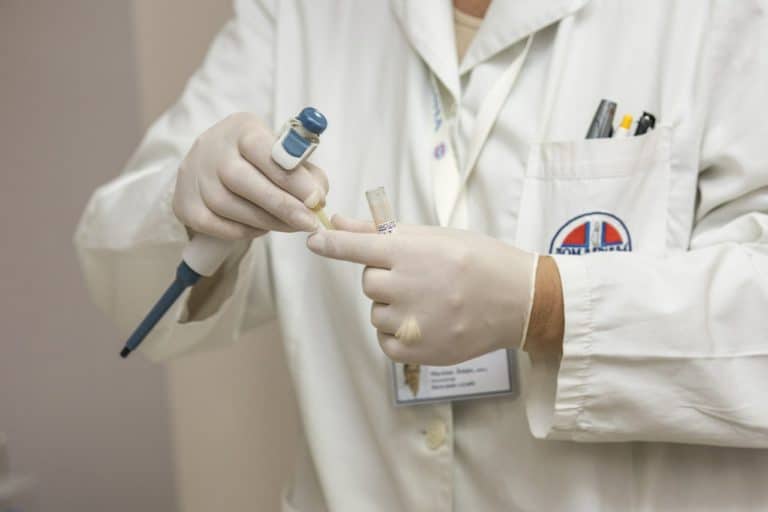What is resveratrol?
Resveratrol is a phytonutrient and potent antioxidant that is present primarily in grapes and red wine, with smaller amounts found in berries and onions. It is also the source of an important health benefit: you may want to look at the possible role of resveratrol for prostate cancer treatment.
Resveratrol for prostate cancer treatment: studies
A number of studies have explored possible reasons why men might want to consume more resveratrol in their lives. For example, a recent study conducted at the University of Missouri found that resveratrol was effective in inhibiting the growth of both human and mouse prostate cancer cell lines. Researchers from three institutions in Virginia identified specific factors that are believed to be responsible for resveratrol’s ability to inhibit growth of prostate cancer cells and promote cell death.
A study in Japan added more supporting evidence to resveratrol’s anticancer properties when scientists discovered that resveratrol inhibits DNA binding of androgen (male hormone) receptors. Although resveratrol is a component of red wine, supplements are suggested as the best way to get this phytonutrient, even though effective doses have not yet been identified.
Shop resveratrol supplements on Amazon
At the US Department of Agriculture, investigators discovered that resveratrol slowed the growth of prostate cancer cells, while scientists at New York Medical College learned that two different analogues of resveratrol have an impact on different states of prostate cancer cells. Studies with resveratrol have also provided positive results concerning colon cancer. In Italy, experts reported evidence that resveratrol and its anti-inflammatory properties may prove helpful in fighting this deadly form of cancer, and Japanese researchers have also offered new research findings showing that resveratrol prompted apoptosis in human colon cancer cells.
In one of the most recent studies, conducted at Southern Illinois University School of Medicine, scientists reported that resveratrol inhibited specific gene expression associated with prostate cancer. This and other research concerning the potential role of resveratrol in fighting prostate cancer warrant further investigation.
Read more in our Prostate Cancer Health Center.
References
Al Aameri RFH et al. Tonic suppression of PCAT29 by the IL-6 signaling pathway in prostate cancer: reversal by resveratrol. PLoS One 2017 May 3; 12(5): e0177198
Hsieh TC et al. Control of prostate cell growth, DNA damage and repair, and gene expression by resveratrol analogues, in vitro. Carcinogenesis 2010 Nov 2
Miki H et al. Resveratrol induces apoptosis via ROS-triggered autophagy in human colon cancer cells. International Journal of Oncology 2012 Jan 3
Panaro MA et al. Anti-inflammatory effects of resveratrol occur via inhibition of lipopolysaccharide-induced NF-kB activation in Caco-2 and SW480 human colon cancer cells. British Journal of Nutrition 2012 Jan 17: 1-10
Wang TT et al. Differential effects of resveratrol on androgen-responsive LNCaP human prostate cancer cells in vitro and in vivo. Carcinogenesis 2008; 29(10):2001-10.







